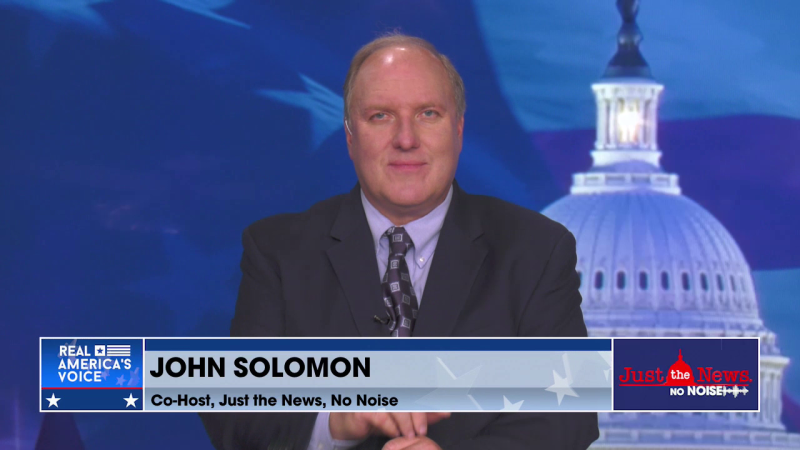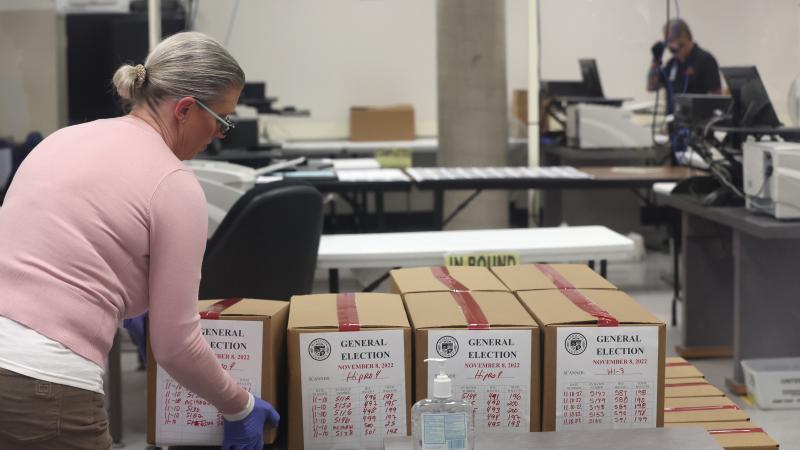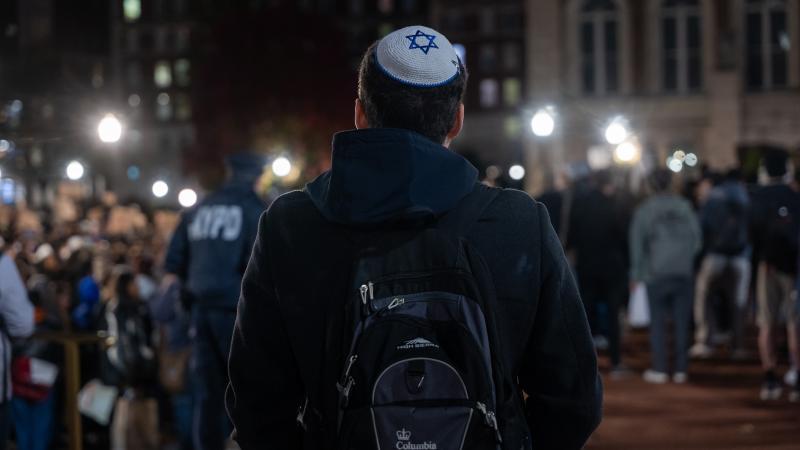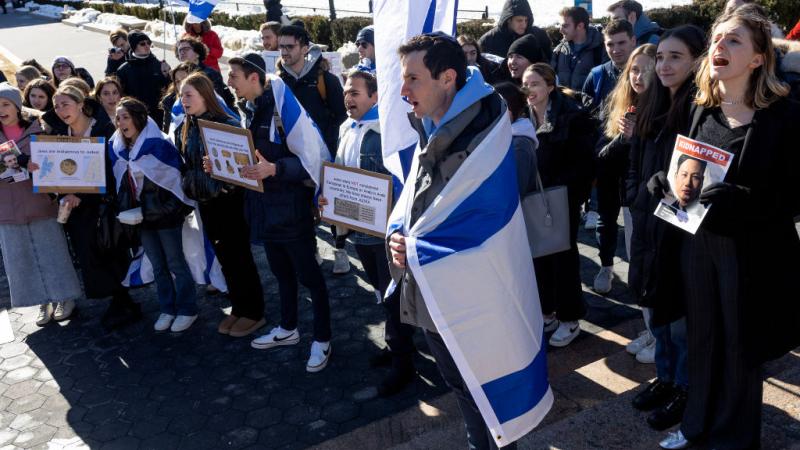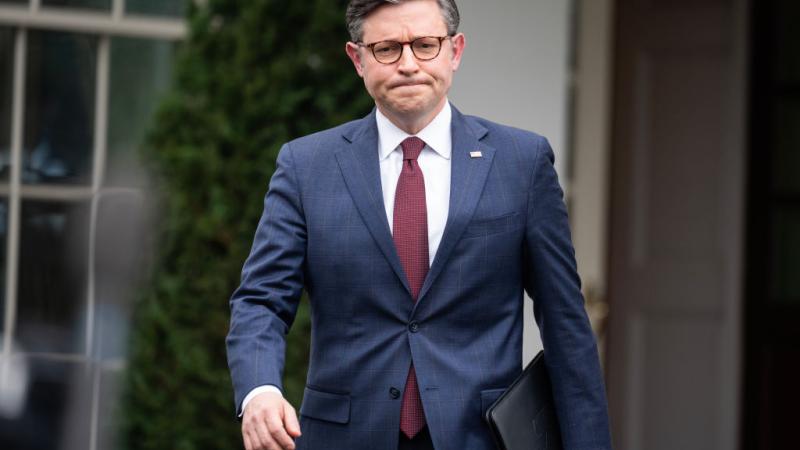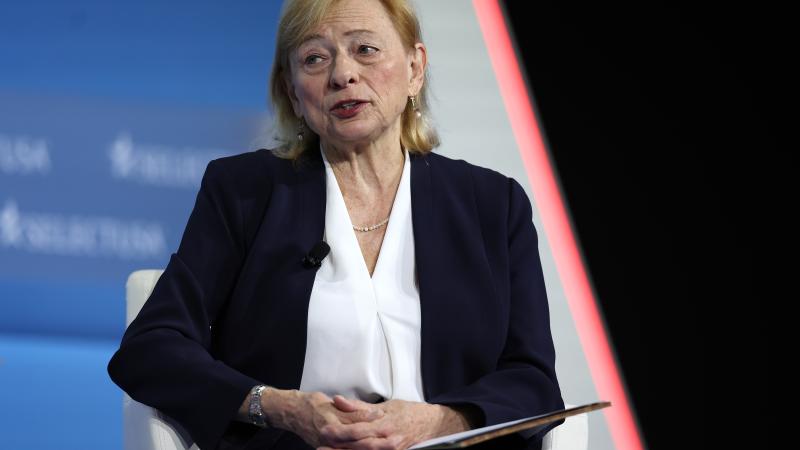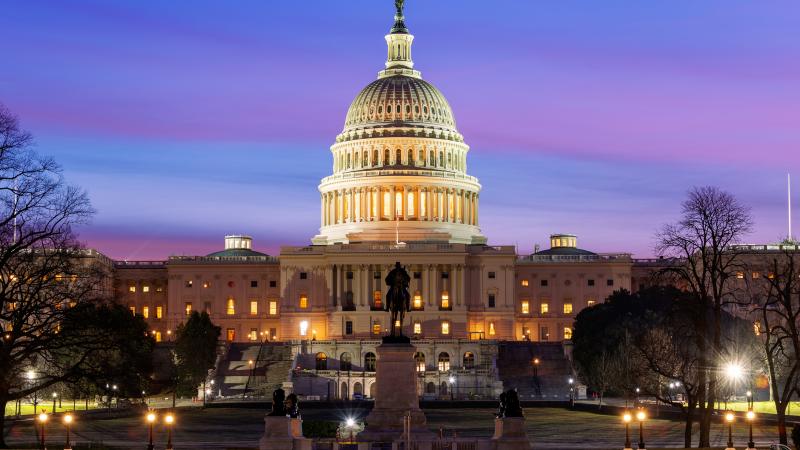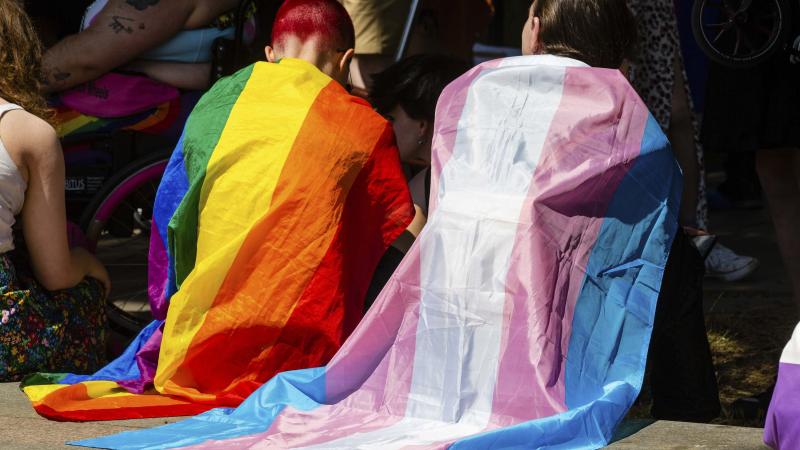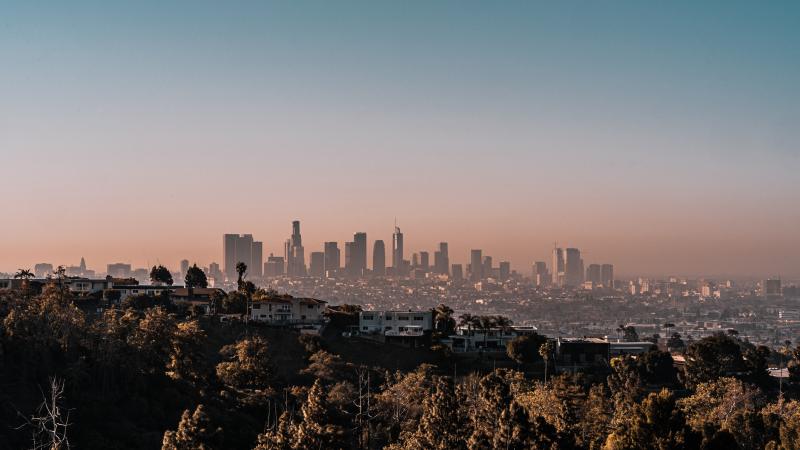Cornell quietly removed race-based exemption for flu vaccine before mandating COVID vaccine
Surreptitious revision shows how racial considerations may complicate vaccine mandates for return to campus.
Two months before Cornell University announced it would require COVID-19 vaccination for students returning to campus in the fall, it quietly removed language that seemed to exempt nonwhite students from a flu vaccine mandate it imposed last fall.
"We recognize that, due to longstanding systemic racism and health inequities in this country, individuals from some marginalized communities may have concerns about needing to agree" to flu vaccination and ongoing COVID-19 testing, according to a page whose URL reads "especially for students of color."
Between late January and mid-February, the Ivy League university changed its tune. It removed a sentence that said black, indigenous and people of color (BIPOC) were "strongly recommend[ed]" to comply with the rules, as well as an "exemption" they could apply for.
It also removed BIPOC students from a "health requirements FAQ" page between late January and mid-March. Such students "may have personal concerns about fulfilling the [Behavioral] Compact requirements based on historical injustices and current events," the page formerly read, directing them to the "students of color" page.
The surreptitious revisions reveal the cultural minefield that institutions of higher education are navigating as they consider mandating COVID-19 vaccines for students, staff and faculty as a condition of on-campus learning and employment.
Mandates bad for students, who run 'very low risk of severe outcomes' from COVID
In late March, Rutgers University appeared to be the first to announce it would require COVID vaccinations for students, with exemptions for "medical or religious reasons."
Cornell followed a week later, offering the same exemptions, and its Ivy League peer Brown University made the jump this week, going beyond medical and religious exemptions to offer "reasonable accommodations ... as determined by applicable law."
Other schools identified in the media as requiring COVID vaccines include Boston's Northeastern, Colorado's Fort Lewis College, and Florida's Nova Southeastern. Michigan's Oakland University is requiring vaccination only for on-campus residents.
St. Edward's University in Texas had to revise its planned vaccine requirement, which already exempted those with "concerns associated with Emergency Use Authorization," after Gov. Greg Abbott banned private institutions that receive public funds from denying services based on refusal to show vaccination status. The university may still limit objectors' access to classrooms, residence halls and other campus facilities, it said.
Cornell didn't respond to Just the News on Thursday about why it removed references to BIPOC students from the flu vaccine page for students of color, which remains live.
Another deletion the university made: "It is understandable that the current Compact [vaccine] requirements may feel suspect or even exploitative to some BIPOC members of the Cornell community. Additionally, recent acts of violence against Black people by law enforcement may contribute to feelings of distrust or powerlessness."
NBC News highlighted demographic differences in a report on campus vaccine mandates.
It noted March research that found low-income and minority households are less likely than parents and caregivers in general to say they would vaccinate their children. This is in line with greater vaccine skepticism among blacks and Hispanics due to "historic mistreatment in medicine."
University of California, San Francisco epidemiologist Vinay Prasad, who often criticizes school shutdowns as irrelevant to COVID mitigation, has also emphasized the demographic differences in vaccine uptake.
"Vaccine hesitancy varies by socioeconomic status and race," he tweeted as discussions of "vaccine passports" became more prominent.
"If you implement a vaccine passport, you will restrict access to travel, or participation in daily activities" by those demographics, he wrote, asking: "Why are the same people who think that's bad now in favor of it?"
Prasad did not respond to queries from Just the News about vaccine mandates in medical schools specifically.
Another medical professor made a distinction between colleges and med schools requiring vaccination.
Stanford Med's Jay Bhattacharya co-wrote the Great Barrington Declaration, which argues "prevailing COVID-19 policies" are a disaster for public health. "The idea that everybody needs to be vaccinated is as scientifically baseless as the idea that nobody does," he wrote in a Wall Street Journal op-ed against vaccine passports with his declaration co-author, Harvard Med's Martin Kulldorff.
"I do not think it is in general a good idea for colleges to mandate COVID vaccines for their students, who face a very low risk of severe outcomes from COVID infection," in contrast to older faculty and staff, who should be offered vaccines, Bhattacharya told Just the News.
But the med school environment has "special considerations," he added. Many students will "take care of older patients as part of their training," so it makes sense for them to be vaccinated to "lower the risk" to their patients.
The Association of American Medical Colleges, the co-accreditor for medical education programs, doesn't have a position on mandatory vaccination.
"The AAMC does not mandate vaccination policies for its member medical schools," Chief Academic Officer Alison Whelan said in a statement. "How and when students are being vaccinated varies by locality and institution. Students involved in clinical activity are being vaccinated similarly to other clinical staff."
'Not unreasonable to think this isn't the best idea'
After Rutgers made its announcement, a constitutional law professor at South Texas College of Law started blogging about campus vaccine mandates and the effect of state-level religious freedom laws.
"As we speak, law schools are no doubt holding discussions about whether they can impose vaccine mandates," Josh Blackman wrote March 31. "Imagine if every student in a [first-year] section is vaccinated" rather than suffering through more Zoom classes, and "instruction could return to what it was in 2019."
While faculty committees will have "pretty low tolerance for those who do not want to be vaccinated," Blackman told Just the News he suspected more schools weren't announcing vaccine mandates because they could disproportionately affect black people.
"It's not unreasonable to think this isn't the best idea," even among those like himself who have been vaccinated, and "people are going to cheat" by forging vaccination documentation, he said.
Law schools also won't adopt a policy that falls disproportionately on black students, he said. They may be hoping that campus vaccine drives will result in herd immunity without a mandate.
The law professor, who has criticized law deans for demanding anti-bias training as a condition of accreditation, is more concerned that college employees with religious objections to vaccination may be denied accommodations altogether, given current federal guidance.
Christian Scientists, who "normally rely on prayer for healing" and have historically used vaccine exemptions, could be a target, he told Just the News. "Do you make them stay on Zoom indefinitely?"
Blackman is skeptical that the American Bar Association, which accredits law schools, will provide substantial guidance to them on vaccine mandates. An ABA official told Just the News he was not aware of its accreditation council having "addressed this issue," but it might come up at its next meeting.


